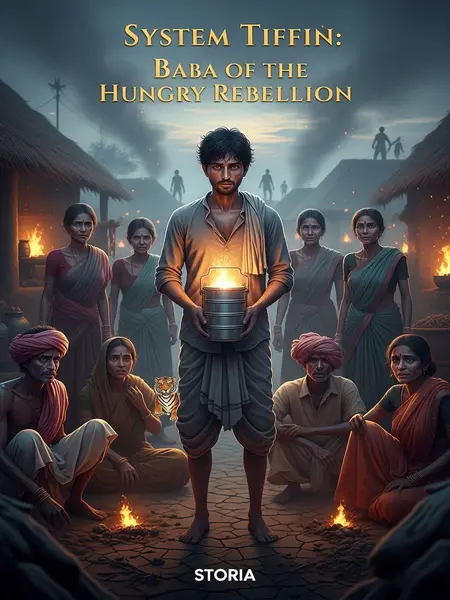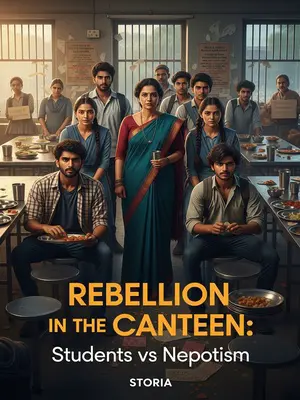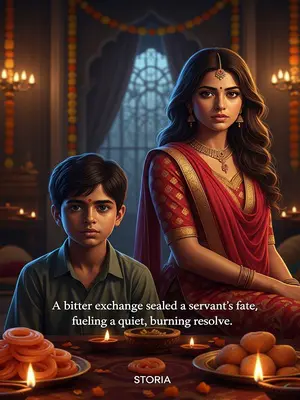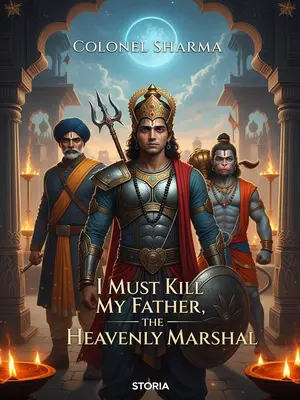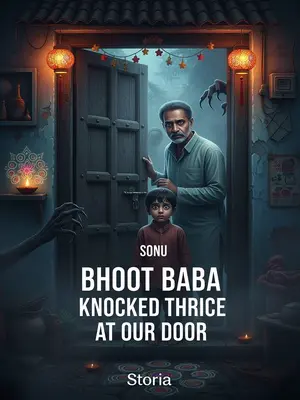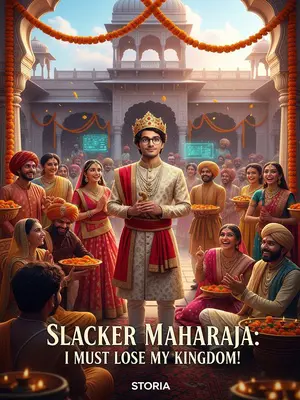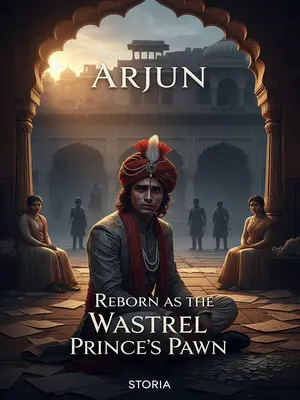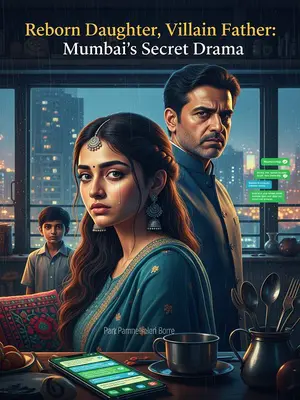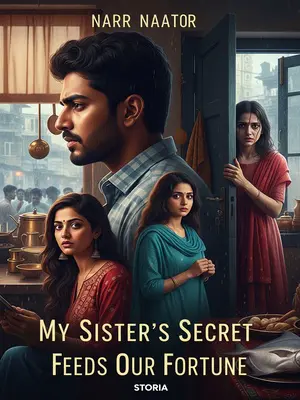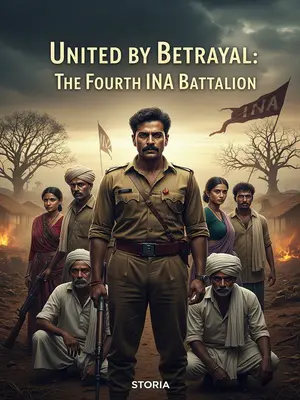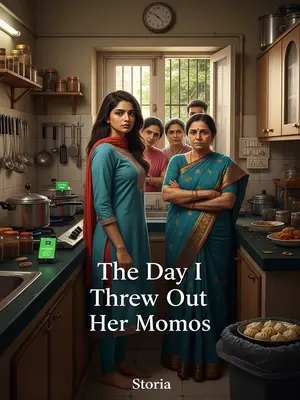Chapter 2: Hunger and Hope
Suddenly, a commotion erupted outside—shouting, curses.
A group of half-starved men pushed in a bloodied fellow, his kurta torn, lips swollen.
Nandu leapt up, hiding the tiffin and putting himself between me and the men. His voice changed, turning tough like a chowkidar with a lathi.
A tall, sunburnt man reported, “Mukhiya ji, pakad liya, bhaag raha tha.”
The injured man retorted, “Arre, bhaga nahi! Bhookh lagi thi, ghas lene gaya tha.”
Another scoffed, “Jhooth bol raha hai. Agar pakde nahi jaate, toh saara group phas jaata, bhai!”
I looked at these men—clothes mostly patches, hair stuck with weeks of dust. The smell—old sweat, damp earth—hit me like a Mumbai local in July. Calling them ‘skinny’ was an insult to the word. They looked like a gust of wind could blow them away.
I sat up straighter. “Tum sab shramdaan ke liye aaye ho?”
Blank faces, a few side glances. No one spoke.
“In haal mein kaise kaam karoge? Dekh rahe ho, bas haddi-chamdi ho gaye ho.”
A wiry man flexed a scrawny arm, grinning: “Mukhiya ji, patla dikhta hoon par dum hai!”
“Chalo, mujhe sabko dikhado.”
Nandu barked, “Bhai, chalo, rasta dikhao!”
The bloodied man shot me a suspicious look.
Outside, things were worse. Where my tent was basic, these laborers slept under trees, bare backs to damp earth, shivering in the sticky, humid wind. Faces yellowed, lips cracked, bodies curled up for warmth. The faint jingle of a payal drifted by.
“Aaj kuch khaya?”
Nandu sighed, “Baba, raste mein the, do din se kuch sahi khana nahi.”
“Toh khaya kya?”
A frail voice answered, “Jangli saag, ped ki chhal... bas wahi.”
The sight hit me hard. Was this my destiny—to just watch? No. If I’d landed here, I’d do something. Tree bark for food? Not while I’m breathing.
I faced them. “Sabse pehle, khana khao. Baad mein baat.”
At the word ‘khana’, eyes flickered, but elders hung back—decades of sarkari dhokha had made them wary.
I told Nandu to keep order and began distributing Set A meals—two for each. Some got mutton, some chicken, some fish fry—variety you’d see at a shaadi buffet.
No one touched the food. Maybe they thought it was a trap. Mutton with white rice? For them, this was a legend.
The rice was soft, the vegetables real. They stared at the tiffins as if someone would snatch them away.
I stood firm. “Aaj do dabbe milenge, bas. Zyada khana toh pet dukh jayega. Kal se phir milega, jab sehat theek ho jayegi.”
Silence. Then, a voice from the back: “Mukhiya ji, sach batao—kuch badi baat toh nahi hone wali? Vidroh-widroha toh nahi?”
Arre, my head started pounding. Who started this?
I waved it off. “Kuch nahi, bas khana. Lakdi lo, chammach bana lo, shuru karo.”
That broke the dam. Relief spread. A few young men laughed.
“Ram ji ki kasam, chicken leg mila! Pehli baar aisa chawal khaya.”
“Agar pata hota toh khandan ko shramdaan mein le aata!”
“Maa, dekho! Beta chicken khata hai!”
I felt sheepish. Their joy was so pure. They ate like children at a langar, some even wiping away tears.
Even I felt hungry again, nibbling my bajra roti, hoping to go unnoticed.
But someone saw. A hush fell as they noticed my plain roti. One thin man bowed, touching my feet: “Baba, aap sach mein dharmatma hain.”
One after another, they bowed, hands folded: “Baba, aap sach mein dharmatma hain!”
